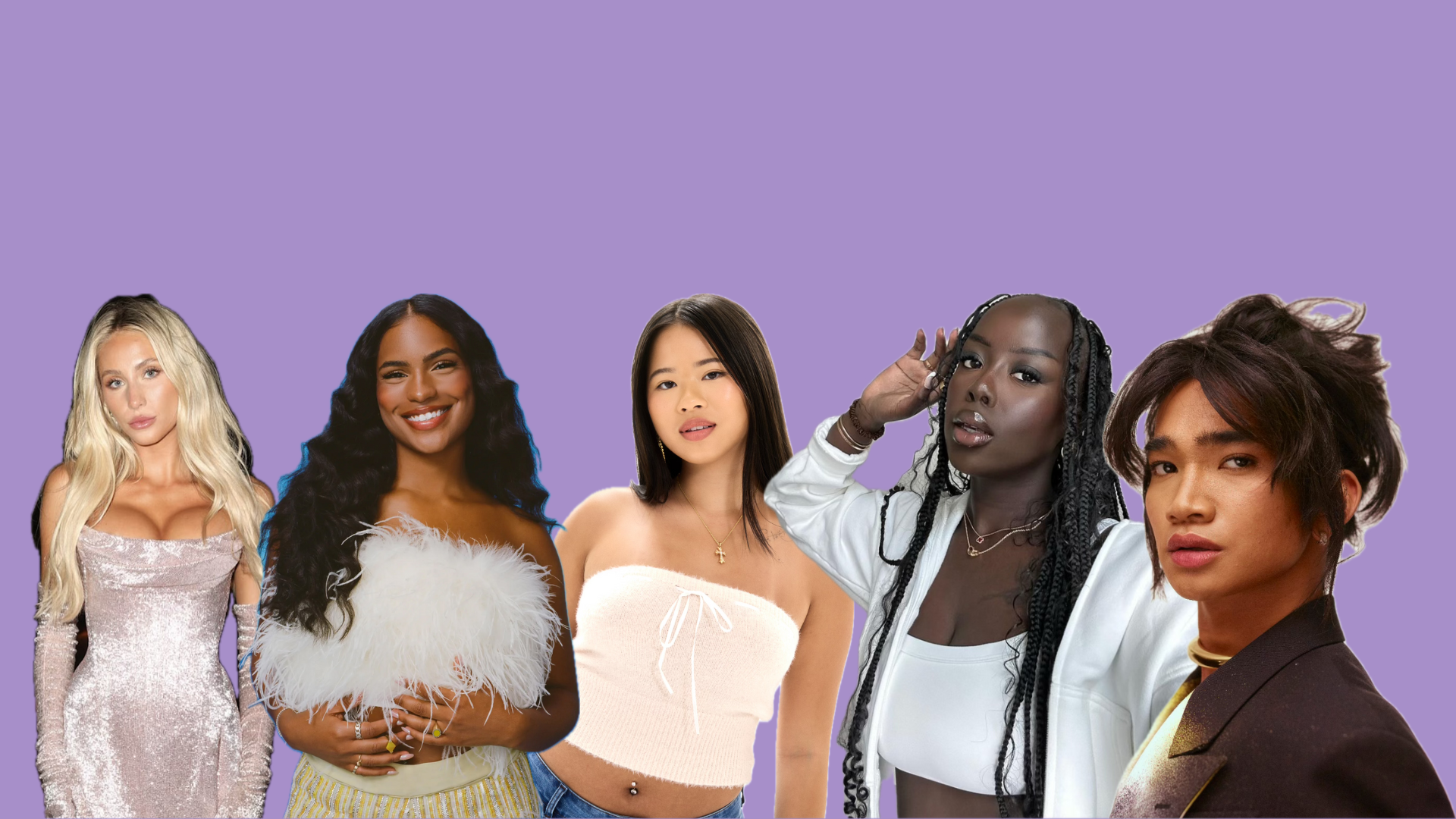
Inclusive Influence: Why Diversity Matters in Influencer Marketing
Overview
This research piece investigates the important role of diversity and inclusion in influencer marketing initiatives. The article explains how true representation influences consumer perception, brand loyalty, and marketing success by looking at successful brand examples as well as prominent failures. The article offers useful insights for organizations wishing to incorporate authentic inclusion initiatives into their influencer partnerships.
The Problem
Background
The influencer marketing environment has shifted tremendously, from traditional celebrity endorsements to content creation collaborations. While this transformation has resulted in more authentic customer interactions, many brands continue to struggle with accurate portrayal in their advertisements. Some organizations continue to feature homogeneous producers who do not represent their varied client base, resulting in backlash and charges of tokenism.
Problem Statement
Despite growing public desire for diversity in marketing, many firms fail to include actual inclusiveness into their influencer programs, resulting in tarnished brand reputation, consumer distrust, and wasted market possibilities.
Challenge
Analyze how successful brands use true diversity in influencer marketing, distinguishing between meaningful representation and performative tokenism. Provide recommendations for developing truly inclusive campaigns that appeal to a diverse range of audiences.
My Process
Discovery & Research
I started by looking at the historical progression of influencer marketing, from imaginary mascots to celebrity endorsements and finally to today's social media content creators. This provided background for understanding how consumer expectations have shifted regarding representation.
I conducted extensive research on brands with notably successful diversity initiatives in their influencer strategies, focusing on:
Dove's long-term commitment to representation through campaigns like #PassTheCrown and #DetoxYourFeed
Topicals' approach to authentic diversity through culturally sensitive brand trips and partnerships with BIPOC creators
I also studied brands with controversial or failed diversity approaches:
Pink Honey's exclusionary influencer trip featuring only young, slim, white women
Brandy Melville's restrictive sizing policies and lack of representation in marketing
Key Findings
My research revealed several critical insights:
Consumers increasingly expect to see themselves represented in brand marketing
Successful diversity initiatives build genuine relationships with influencers who embody brand values
Representation must extend beyond surface-level campaigns to impact actual product development
Failed campaigns often exhibit tokenism rather than authentic inclusion
Consumers quickly identify and reject performative diversity efforts
Action Plan
Based on my analysis, I developed a framework for brands to implement authentic diversity in influencer marketing:
Ensure representation aligns with actual consumer demographics
Partner with influencers who genuinely connect with the brand's values
Extend diversity beyond marketing into product development and internal practices
Focus on building long-term relationships rather than one-off campaigns
Listen and respond to community feedback regarding representation
Inclusive Influence
Inclusive Influence
The paper demonstrates that inclusive influencer marketing is not only ethically vital, but also strategically necessary for modern brands. Companies such as Dove and Topicals demonstrate how true representation fosters long-term consumer devotion, but failures like Pink Honey demonstrate the fast backlash that results from performative or exclusionary behaviors.
This research provides marketers with actionable insights for designing influencer programs that really reflect and appreciate their varied consumer base, resulting in more meaningful connections and long-term brand success.
View article below!



